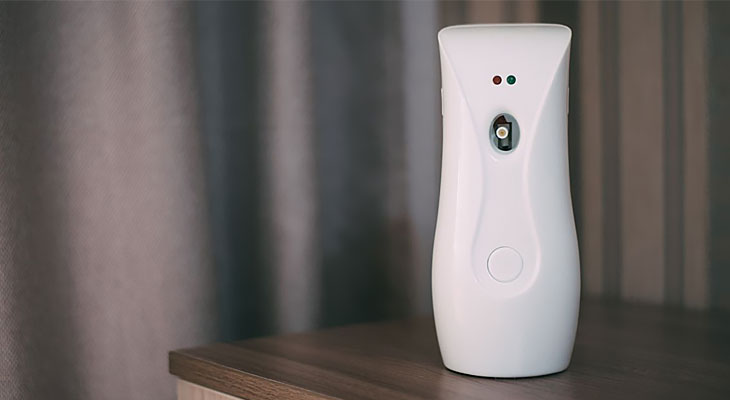
How Fragrances Influence Behavior in Commercial Spaces
The Importance of Fragrance Control in Commercial Spaces
Scents can evoke specific emotions, trigger memories, and even encourage spending. For example, a pleasant, calming aroma in a retail store can make customers feel more relaxed and increase the time they spend browsing. This increased time often translates to higher sales. In contrast, an invigorating and fresh scent in a gym can energize members, making them feel more motivated to work out.
Businesses also use scents to reinforce brand identity. A signature fragrance can become synonymous with the brand, creating a unique and memorable experience for customers. This strategic use of scent helps distinguish the brand from competitors and fosters a deeper emotional connection with customers. By thoughtfully integrating fragrances into their environments, businesses craft atmospheres that align with their goals and enhance customer satisfaction.
How Fragrances Influence the Human Brain
The olfactory system, responsible for the sense of smell, is directly connected to the limbic system, which governs emotions and memory. This means that specific scents can quickly evoke strong feelings and past memories, influencing customers' perceptions and decisions almost immediately. Businesses leverage this scientific connection by selecting fragrances that align with their desired customer experiences.
For instance, a soothing lavender scent can calm nerves in waiting areas, making these spaces feel more welcoming while reducing perceived wait times. Alternatively, a zesty citrus aroma in a workspace can boost employees' alertness and productivity, creating an invigorating environment. By understanding and harnessing these olfactory cues, businesses effectively shape their environments to achieve specific outcomes, enhancing overall customer satisfaction and engagement.
Key Equipment for Successful Fragrance Implementation
Implementing fragrances into commercial spaces requires the right equipment to ensure consistent and effective scent distribution. Standalone diffusers are versatile and suitable for smaller areas or specific zones within a space. These diffusers can be plug-in units or battery-operated, providing flexibility in placement. For more odor-prone commercial spaces, like public restrooms, automatic air fresheners are the most effective tools for controlling unpleasant smells. These devices release short bursts of fragrance at set intervals, ensuring fresh and welcoming environments for customers.


